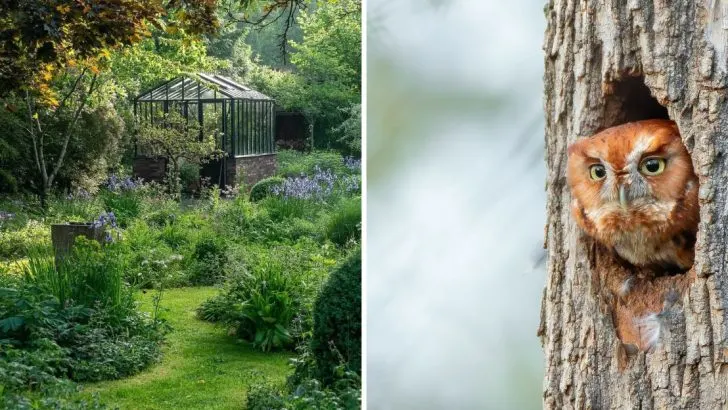Owls and other predatory birds are more than just mesmerizing wildlife; they also play a vital role in maintaining a balanced ecosystem by controlling pests like rodents and insects.
Attracting these majestic creatures to your winter garden can enhance its biodiversity while providing a peaceful connection to nature.
In this guide, we’ll share 8 practical tips to make your garden a haven for owls and other predatory birds during the colder months. From providing shelter to offering food sources, these strategies will help you create a welcoming environment for these fascinating birds.
Create Shelter with Nesting Boxes
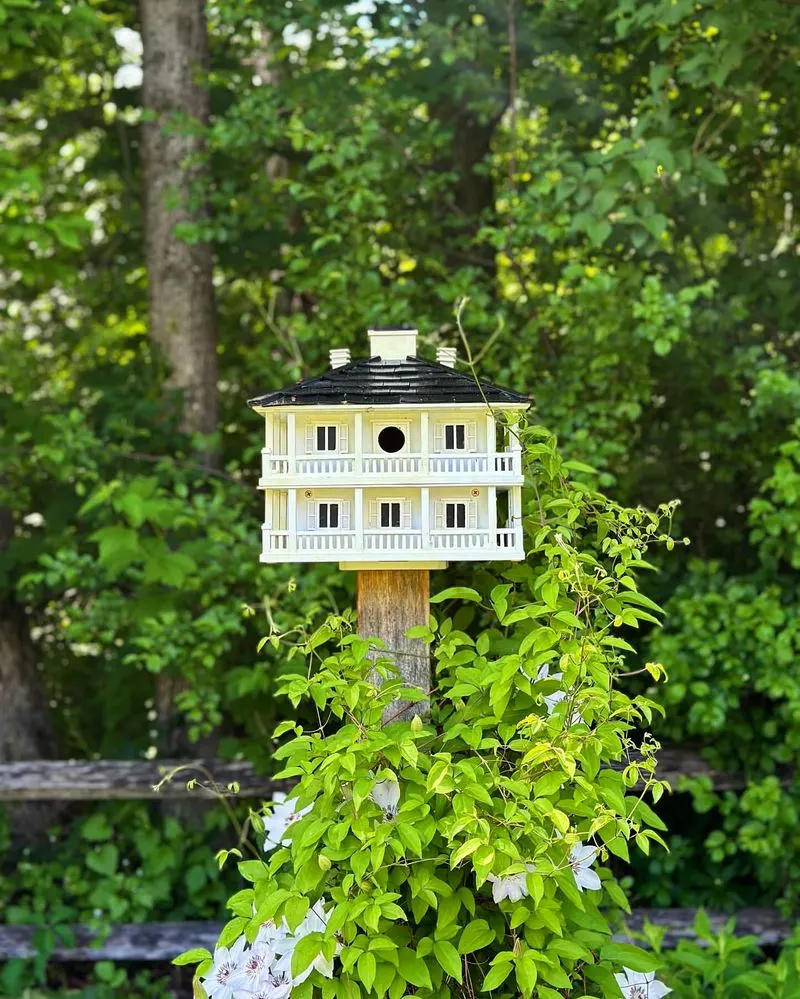
Nesting boxes are more than just wooden homes; they’re invitations to stay. Choose boxes with entrance holes suitable for owls, such as barn owls or screech owls, and place them high in secluded spots.
Position the boxes away from prevailing winds and ensure they’re securely fastened. Regular maintenance is crucial; clean them annually to remove old nesting material.
By providing a safe haven, you encourage owls to settle in, offering them protection from the elements and predators. This simple addition can transform your garden into a winter retreat for these majestic birds.
Maintain a Natural Food Source
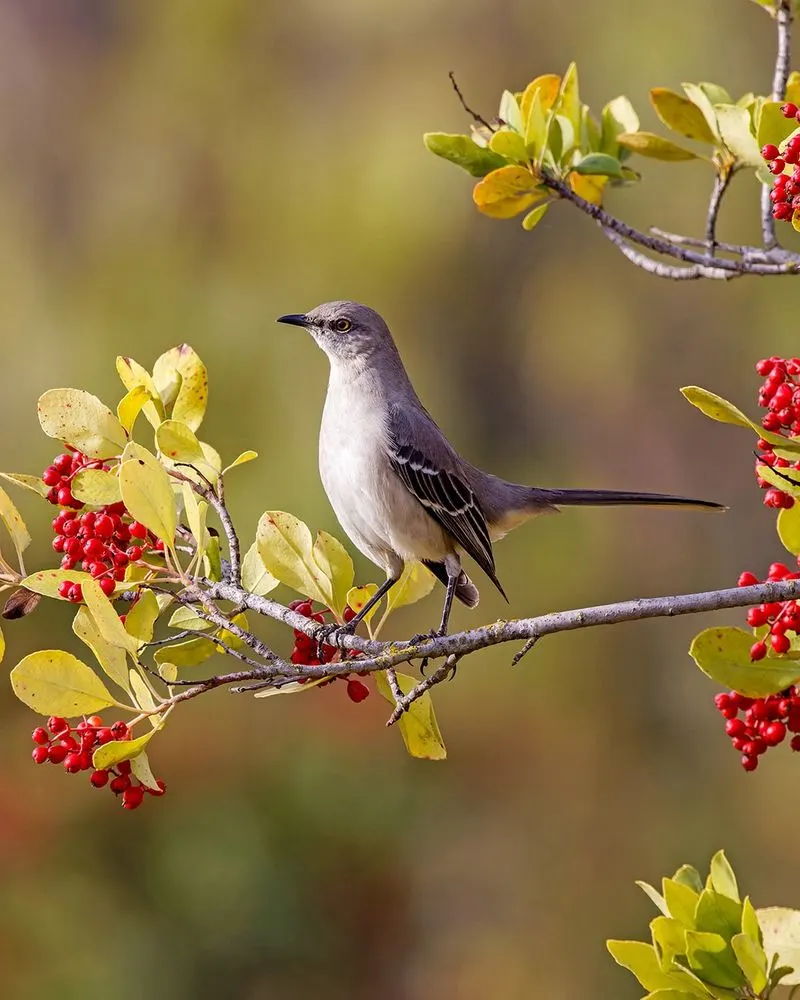
A thriving ecosystem begins with a stable food source. Avoid using pesticides that can poison the prey owls hunt. Encourage the presence of small mammals by leaving some areas of your garden untamed. Plant native shrubs and grasses, creating a natural habitat for rodents.
These small creatures are essential for predatory birds, providing them with the sustenance they need. By maintaining a balanced environment, you support both the hunters and the hunted, ensuring a dynamic and healthy garden population. Your garden becomes a reliable dining spot for hungry raptors, even in winter.
Install Perching Spots
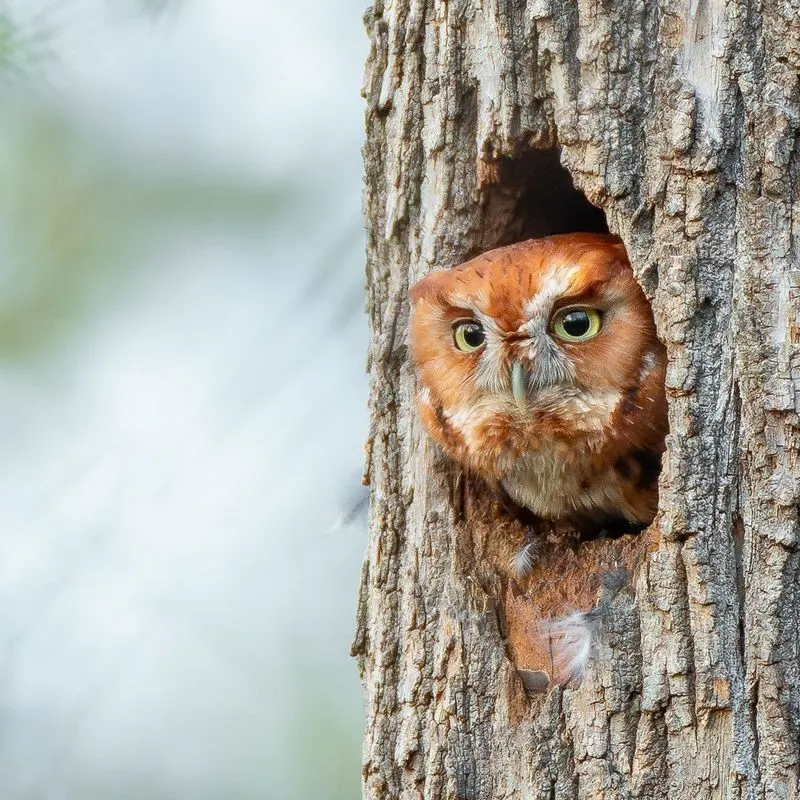
High vantage points are crucial for birds of prey. Install tall poles or leave dead trees standing as natural perching spots. These elevated viewpoints allow owls and hawks to survey the area for potential prey. Ensure the spots are stable and able to withstand harsh winter conditions.
By providing these observation posts, you not only enhance the hunting efficiency of these birds but also offer them a place to rest. A well-situated perch is an open invitation, turning your garden into a prime hunting ground for predatory birds.
Provide a Water Source
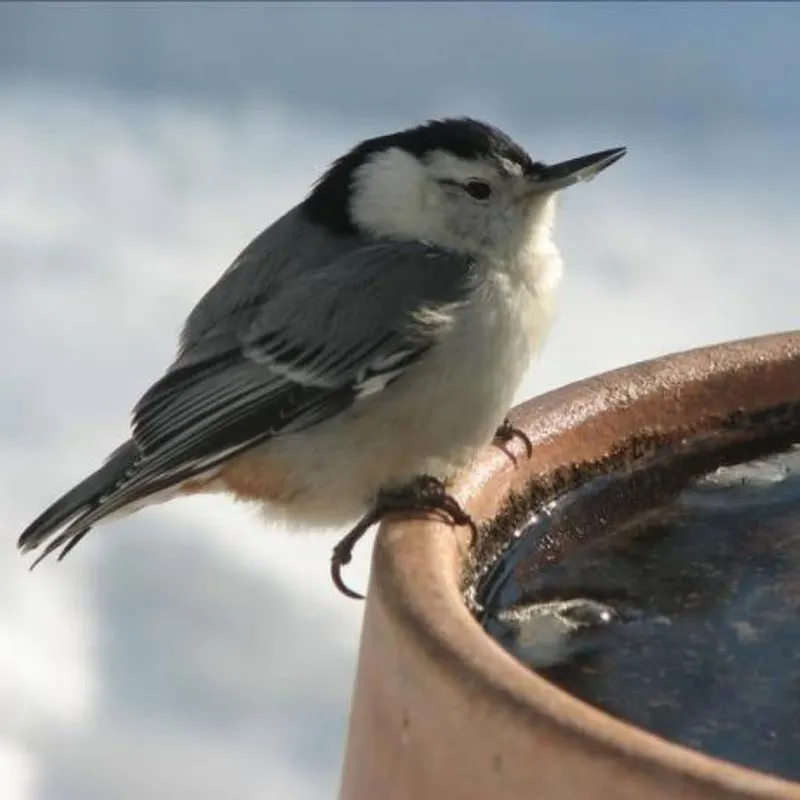
Water can be scarce during winter, making it an essential attraction for wildlife. Install a bird bath with a heater to prevent the water from freezing. Regular maintenance is important to keep the water clean and fresh. Position the water source near perching spots but away from predators like cats.
By offering a reliable source of water, you attract not only predatory birds but also other wildlife, creating a bustling oasis in the cold months. This gesture ensures that your garden remains lively and inviting, despite the chilly season.
Plant Evergreen Trees and Shrubs
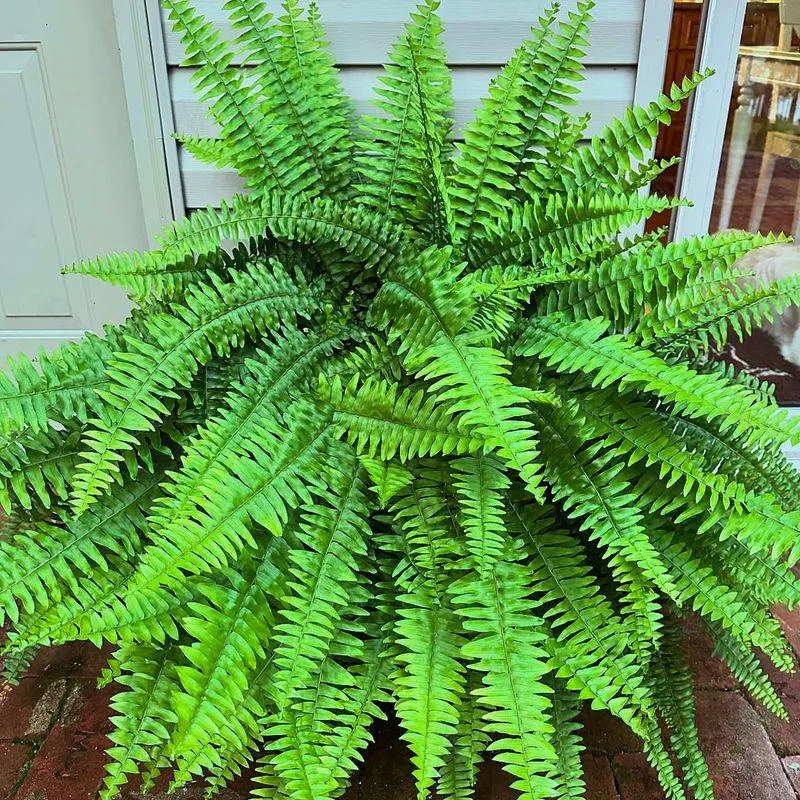
Evergreens provide vital cover during winter months. Plant varieties like pine, spruce, or holly to offer year-round shelter. These plants protect birds from harsh weather and conceal them from potential threats. They also serve as excellent perching sites.
Maintain healthy growth by pruning and caring for these plants, ensuring they remain dense and lush. This greenery not only beautifies your garden but also supports the survival of predatory birds. By offering constant refuge, you create a sanctuary that draws these birds in, making them feel at home.
Reduce Light Pollution
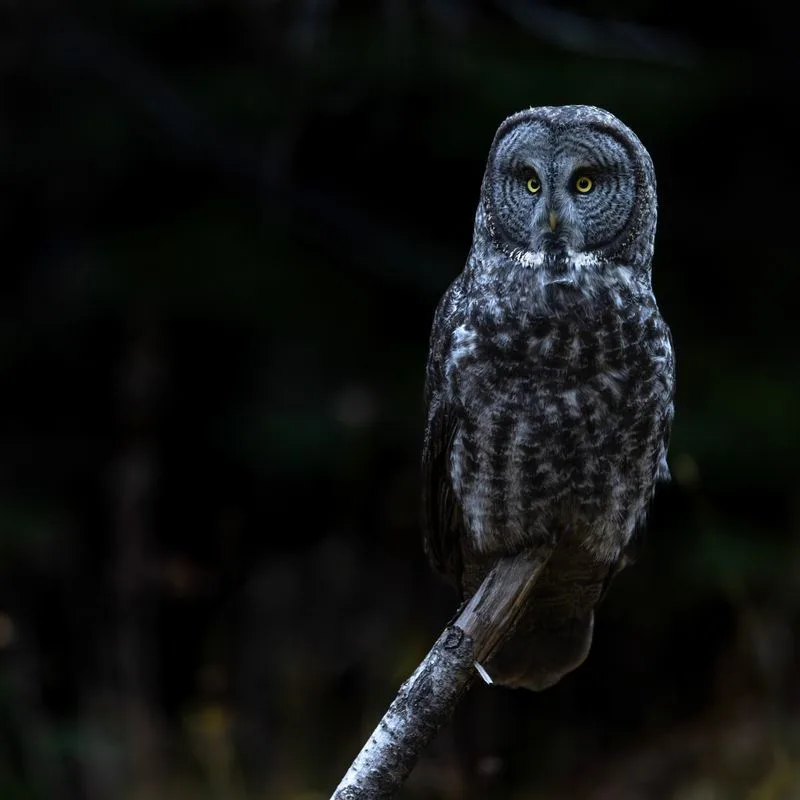
Darkness is an ally for nocturnal hunters like owls. Minimize artificial lighting in your garden to create a more natural environment. Use motion-activated lights instead of constant illumination. This helps owls hunt more efficiently and maintains their natural behaviors.
Additionally, less light pollution can enhance your stargazing experience. By adjusting your garden’s lighting, you provide a welcoming habitat for these night-time predators. This thoughtful change transforms your garden into a friendlier space for owls, inviting them to hunt and rest comfortably.
Avoid Chemical Pesticides
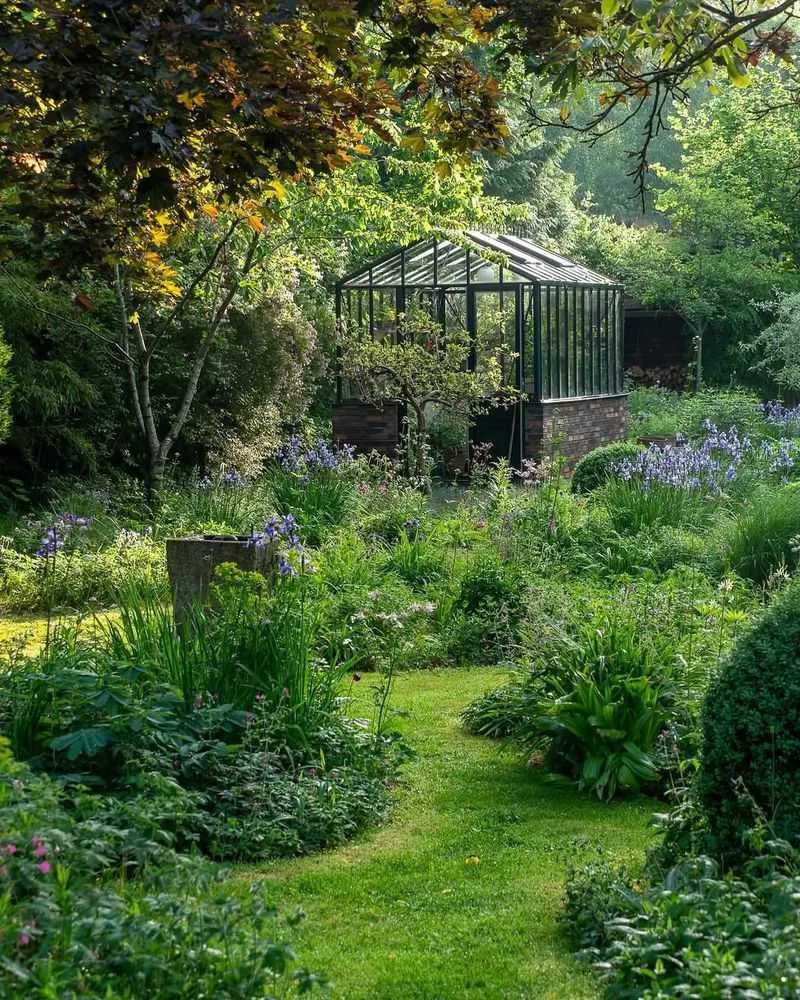
Chemicals disrupt the natural order, affecting both prey and predator. Opt for natural pest control methods such as introducing beneficial insects like ladybugs or using organic sprays. This approach keeps the food chain intact, furnishing predatory birds with ample hunting opportunities.
Encourage biodiversity by planting a variety of species, supporting a wide range of insects and small mammals. By shunning chemicals, you promote a healthier ecosystem. This choice reinforces your garden as a vital support system for wildlife, enticing birds of prey to linger and thrive.
Create Quiet, Undisturbed Areas
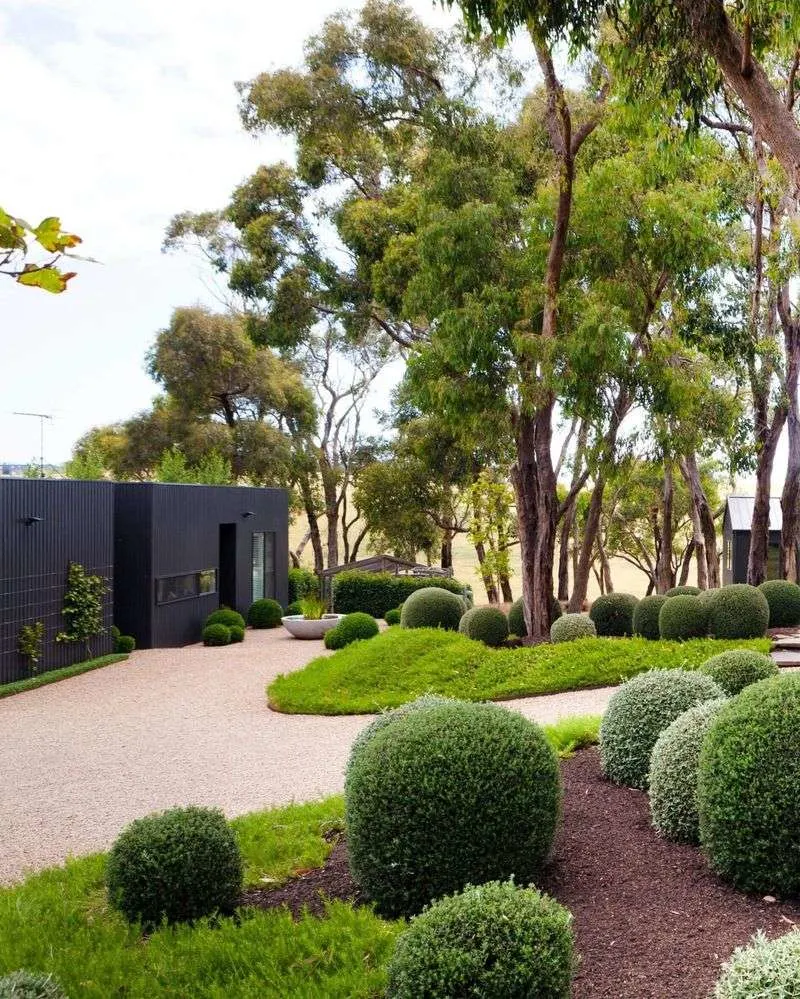
Peace and quiet are precious to wildlife. Designate parts of your garden as undisturbed zones, away from human activity and noise. Allow natural growth to take over, creating a sanctuary for birds to nest and hunt in peace. Respect these areas by keeping them free from frequent human interference.
The tranquility you cultivate becomes a powerful lure, drawing predatory birds who seek solace as they hunt. By valuing this quietude, you turn your garden into a cherished refuge, boosting its appeal to owls and other birds of prey.

